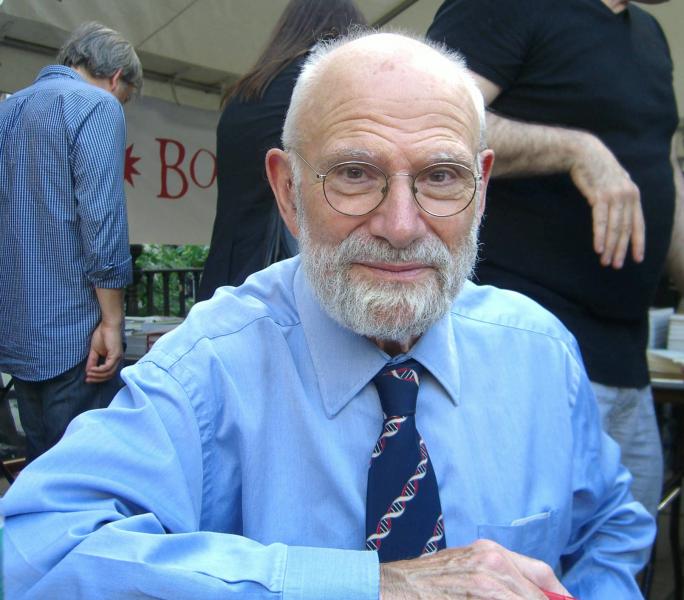
Every now and then, a scientist emerges with the gift of making science come gloriously alive. Dr. Oliver Sacks, the famed neurologist who died Aug. 30 at the age of 82, was one of those rare beings.
Through his website (http://www.oliversacks.com) and many best-selling books, which he variously characterized as neurological novels, pathographies, clinical tales and case histories, Dr. Sacks made the science of the brain accessible and understandable to the lay public. His work was adapted for film and stage, and he had a loyal following, receiving some 10,000 letters each year.
His curiosity was profound and his interests were wide ranging, prompting him to write about subjects as diverse as phantom limbs and language perception. Dr. Sacks was also an avid swimmer and accomplished pianist.
Dr. Sacks continued to practice medicine and teach neurology at New York University School of Medicine throughout his years of literary success. He wrote with clarity until his final days, including a February 2015 New York Times essay on learning he had terminal cancer. In that piece, he wrote:
I cannot pretend I am without fear. But my predominant feeling is one of gratitude. I have loved and been loved; I have been given much and I have given something in return; I have read and traveled and thought and written. I have had an intercourse with the world, the special intercourse of writers and readers.
Above all, I have been a sentient being, a thinking animal, on this beautiful planet, and that in itself has been an enormous privilege and adventure.
Dr. Sacks will be remembered for his curiosity, compassion, intellectual rigor and adventurous spirit, as well as his many contributions to helping us understand the normal workings and strange quirks of the brain.
The Cornell Alliance for Science salutes the life and legacy of Dr. Sacks, and his shared dedication to science-based communications.
